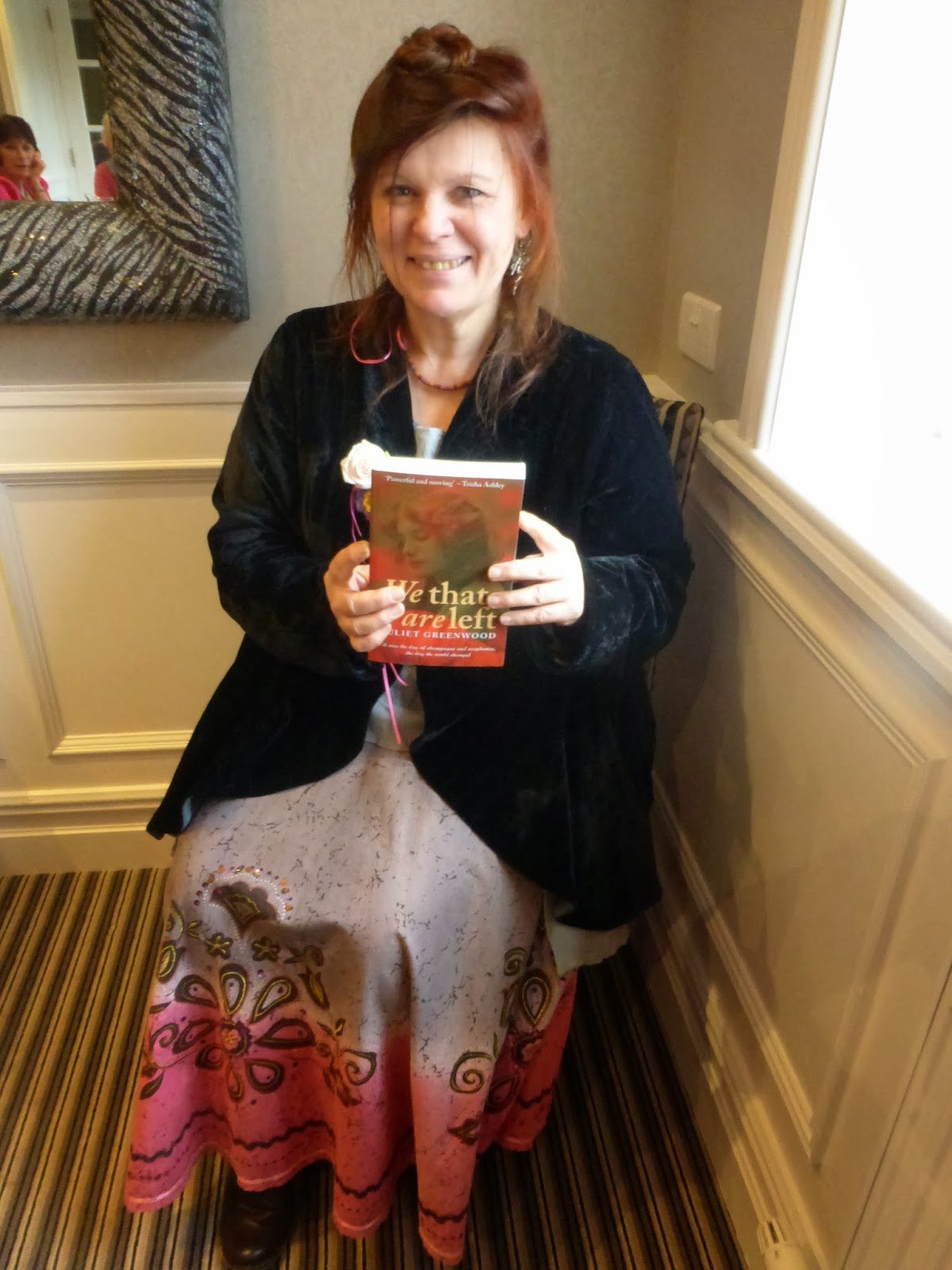I know what you’re thinking: ‘That Louise Marley has never
met a social networking site she didn’t like’. Well, that’s not strictly true.
I’ve never been able to get on with Goodreads. I know how much a one star
review stings, so why would I inflict it on another author? My Tumblr account
consists of reposts from my Instagram account, and my Instagram account consists
of photos of cake. I do, however, love Pinterest.
 |
| Ooh 'secret' boards! |
What is Pinterest? I think of it as a giant, interactive
mood board. You create an account and then you create a ‘board’ for a subject
that interests you - books/fashion/whatever. You can create more than one board
and you can also have ‘secret’ boards so no one can see what you’re up to.
Then you add your photos, or ‘pins’. These can be re-pinned from other users or you can upload your own. (If you do upload your own photos, I would recommend adding a link back to your blog/website).
Now you know what Pinterest is, why would you use it? What’s
in it for you?
I use it as a reader. If I want to know what the character
of a book looks like, or the house they live in, I check out the author’s
Pinterest account.
I also use it as a writer. Each of my books has its own board with the photos of the people and places which inspired it.
Thirdly, and this is the best of all, Pinterest can be used
as a research tool. If you’re looking for a hero (aren’t we all), or a location
- a house, a restaurant, a city - you’ll find them all on Pinterest. If you’re
writing a scene set in a thunderstorm, a spooky forest or on a sandy beach, you’ll
find photographs to help inspire you. Do you get the idea? Also, Pinterest is
not just about pretty pictures - many of the pins are linked to the original
pinners’ websites and blogs. If you click on a pin of Paris, for example, it
could take you to a travel blog about the city.
There are apps which allow you to use Pinterest on your
phone or tablet, which mean you can pin in any odd moments of free time, rather
than get sucked in. Like Twitter, you don’t have to follow people back if you don’t
want to, or you can just follow a board rather than a person.
So there you go, what are you waiting for? Start pinning!
So there you go, what are you waiting for? Start pinning!
You can check out my own Pinterest boards here. I promise, there are no pictures of cake!
 |
| Sorry, no cake! |









